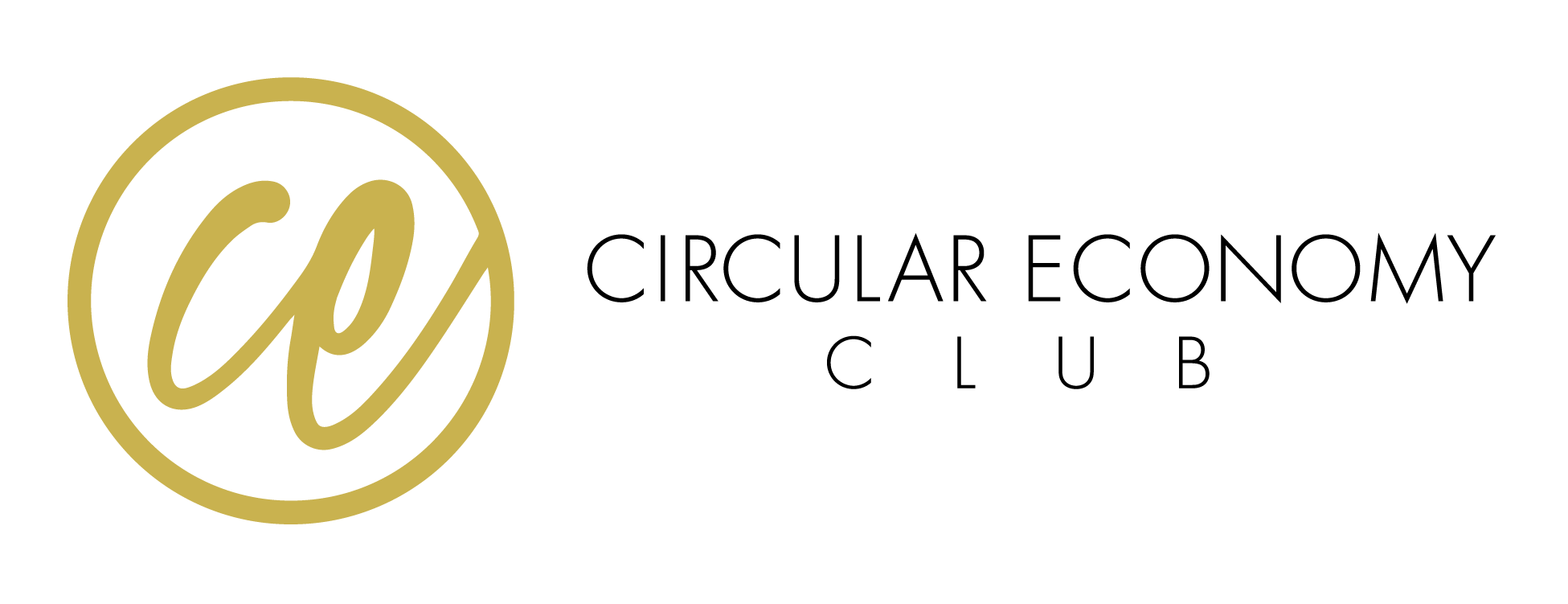-
The Netherlands Organisation for Scientific Research (NWO) Domain Applied and Engineering Sciences (AES), recently granted a four-year research program RUST within the context of the NWO program ‘Closed cycles – Transition to a circular economy’. RUST focuses on Re-USe of Treated effluent for agriculture, and is a collaboration between Wageningen University (Department of Soil Physics and Land Management) and Utrecht University (Copernicus) with as partners knowledge institute KWR and company KnowH2O, with two PhDs positions.
Re-use of Treated Waste Water/effluent (TWW) for sub-irrigation in agriculture serves the dual purpose of supplying water to crops and diminishing emissions of Contaminants of Emerging Concern (CECs) to surface water. This re-use will be investigated at two field sites. Subject of research is to investigate how sub-irrigation/drainage cycles can be optimally designed and operated, to raise groundwater levels towards the root zone and decrease CECs emission to surface water, while emission of CECs to the deeper groundwater or CEC uptake in crops should be negligible. Analysis of flow, CEC transport and degradation, and the supply of water and CECs to the root zone will be studied at both field sites. To test validity of sorption, mobility and degradation parameters, column experiments at different conditions will be performed and numerically modelled. Using these parameters, the fate of CECs in the field is modelled and compared with observations. A final step will be an assessment of the risks and possibilities for regional upscaling.
Your position will be at Copernicus Institute of Sustainable Development of Utrecht University.
Copernicus Institute of Sustainable Development is the scientific institute for sustainability research and teaching of Utrecht University. Copernicus Institute actively participates in three Bachelor and five Master’s programmes. We work in multi-disciplinary teams of four research groups: Energy and Resources, Environmental Governance, Environmental Sciences and Innovation Studies, where your position will be in the Environmental Sciences group. Research is multidisciplinary and interdisciplinary oriented, to understand interactions between global changes and ecosystem processes and -services.
You can apply for a PhD position on the topic ‘Environmental fate of chemicals and Risk assessment’. Central research questions are:
- How and to what degree can sub-irrigation with TWW contribute to reduced emission of chemicals of emerging concern (CEC) to surface water, and contribute to improved surface water quality?
- Can trade-offs of TWW re-use in sub-irrigation be managed to avoid significant transport of CEC into the crop’s root zone, deeper groundwater or sorption at soil organic material?
- Which critical factors in upscaling TWW sub-irrigation to larger scales can be identified?
The work integrates
(i) laboratory experiments,
(ii) field scale experiments and monitoring,
(iii) modelling with eg HYDRUS3D/HP2,
(iv) risk assessment and
(v) simulations of expected surface, food, soil and groundwater quality resulting from implementation of TWW irrigation at larger scale.You will focus on relative persistent and mobile compounds (PMOCs), for which there is a gap in current knowledge. You will perform simulations of chemical transport for both persistent and degradable chemicals and quantify their fate. Specific targets are CEC-spreading into (pristine) subsoil/aquifers, and soil-mediated degradation.
You will assess not only how the use of TWW for irrigation affects soil and groundwater quality, but also crop quality for a selection of CECs, employing existing toxicological data and assessments.
-
-

